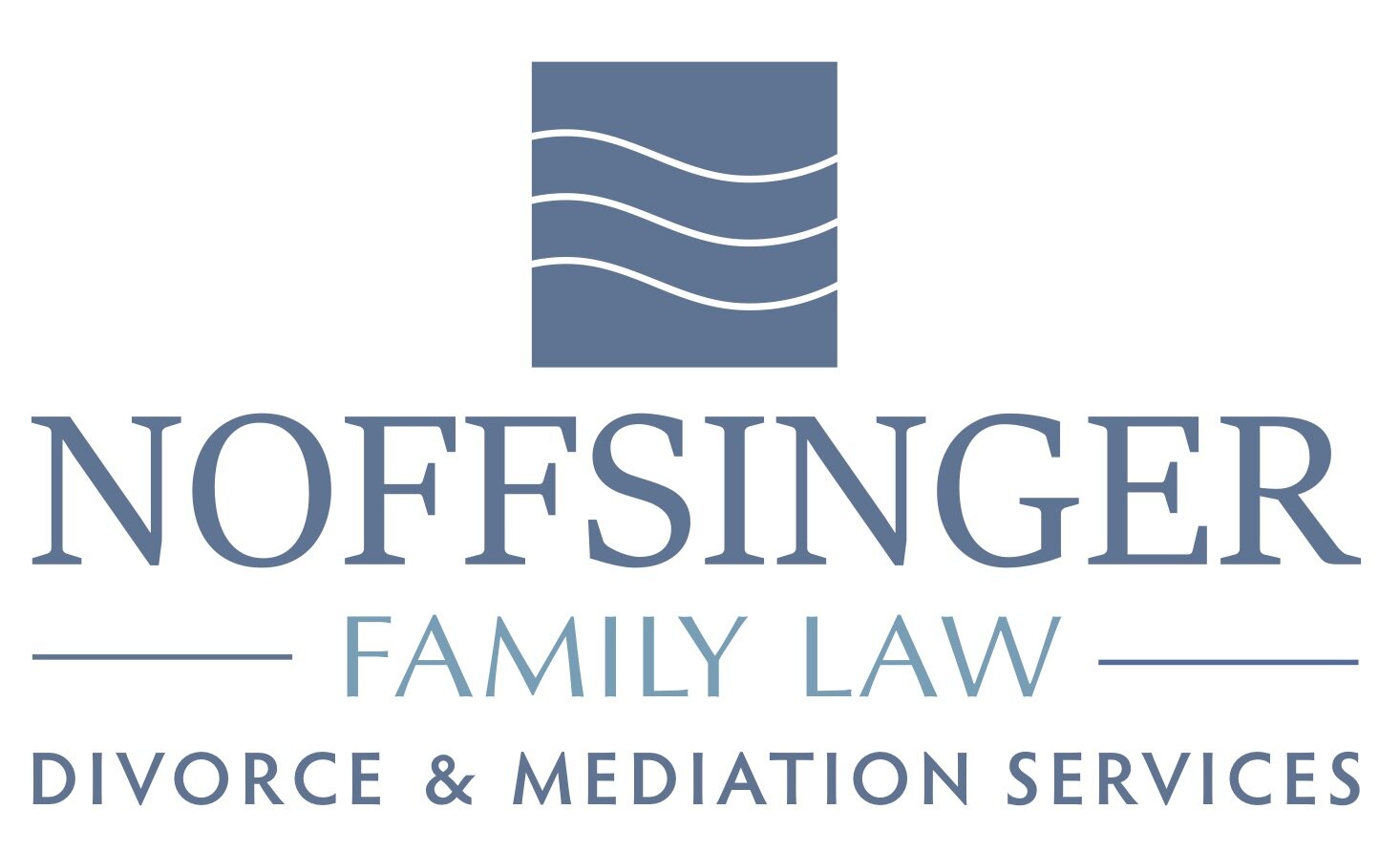You're a... divorce lawyer?
Typical cocktail party small talk: What do you do? My answer, "I'm a divorce lawyer," elicits some fairly predictable responses: "That must be so difficult," or "You must be really cynical about marriage," or "Oh..." (this last comment perhaps by those wondering if my recent consults have included their friends, or spouses).
When I go on to explain that I actually love my work, many people initially sound skeptical. But my collaborative divorce law practice aims to bring some important values and positive contributions to clients going through the hardest times of their lives. We've all heard the statistics that half of marriages end in divorce. It's a transition time not unlike many others in life: relocating to a new city, looking for a different job, grieving the loss of a loved one. Many things don't go as we plan. Relationships change, people grow apart, conflicts arise. And divorce happens.
In my career as a lawyer, and in my own personal life, I have seen how divorce lawyers' approaches to this life transition can have long-lasting impacts -- on the level of anxiety clients experience through an overwhelming and confusing legal process, on the couple's post-divorce relationship, on the tone of communications about children's needs. In collaborative divorce, the clients and the lawyers pledge not to go to court, so we have to reach agreements without a judge's edict... and it can be very hard work.
Fear, suspicion, and anger are all natural responses to divorce. Every week I take stock of the Kleenex supply in my office, make warm cups of tea to calm clients' nerves, and listen to the sad stories of infidelity and broken promises. Divorce lawyers truly work in the trenches of the human experience, even those of us focused on "collaborative" divorce.
But what I've learned (the great irony perhaps) is that reaching a good divorce settlement usually requires both spouses to approach the process while keeping their fears in check, having high hopes for the future, and having some trust in each other -- all at a time when none of those things come naturally. I'm certain that's why the majority of divorcing couples still opt for the traditional adversarial litigation process; it keeps them at arms length, allows them to believe the worst, and provides a target for the seething emotions.
Unfortunately for divorcing couples, anger and fear are not conducive to productive settlement negotiations or peaceful resolutions. I've seen in countless cases that when people base actions or decisions on these negative emotions -- attempting to protect themselves and assuming the worst -- they have less favorable outcomes. On the other hand, when I coach a client to take a deep breath, process her heartbreak with a counselor, and come to the negotiating table with good will and trust, it is more likely that my client (AND her spouse) is able to feel good not only about the settlement but also the way it was reached. And THAT feels like a good day's work to me.
Yes, some days I dream of being that First Amendment lawyer who drafts appellate briefs on free speech. But, most of the time, I really do love being the lawyer reminding my clients that integrity and faith and good will can make the hardest path lead to a good destination.

